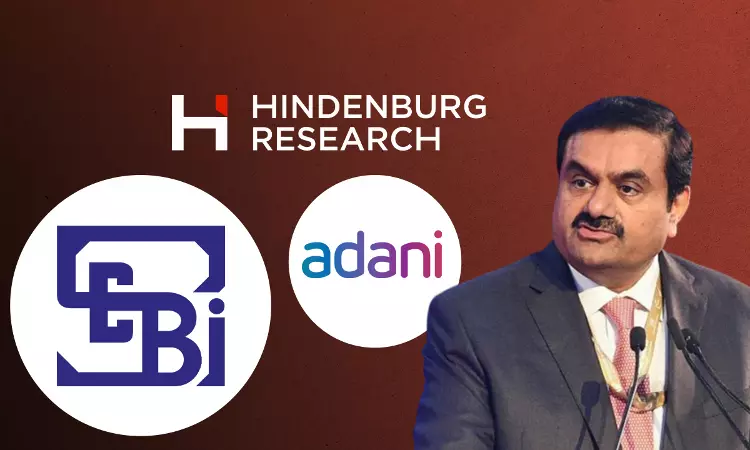SEBI Concealed 2014 DRI Alert About Adani Group Manipulations, Has Conflict Of Interest : Petitioner Tells Supreme Court
Padmakshi Sharma
11 Sept 2023 7:11 PM IST

The petitioner said that a member of the SEBI's committee on corporate governance is related to Gautam Adani.
Next Story


